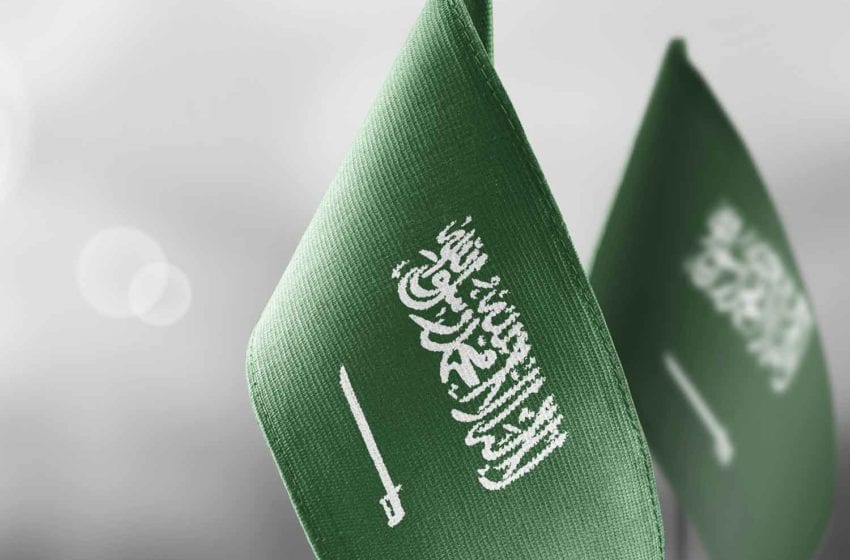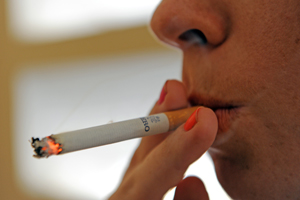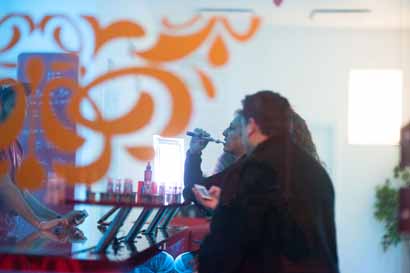
Philip Morris International has called for action against the illicit cigarette trade in Saudi Arabia, reports Arab News. Illicit trade currently accounts for between 17 percent and 25 percent of the tobacco market in Saudi Arabia.
Philippe Van Gils, PMI’s regional head of illicit trade prevention for the Middle East, warned that the illegal tobacco trade poses a risk not only to government revenues, but also to public health.
“Billions are going into the pockets of illicit organizations instead of the governments where the latter could use the money for development and other purposes,” Van Gils said, adding that illicit traders also neglect sanitary standards in manufacturing or shipping
Van Gils stressed the importance of building awareness of the issue in the private sector and among consumers. He said that collaboration is crucial due to the magnitude of the problem. “No one can fix this issue alone; it requires a public-private partnership,” he said.
He further said that the private sector could address this issue using technology and better controls on its supply chain operations. “It’s about knowing your customers, monitoring the volume of products you sell to ensure it responds to legitimate demand and leveraging technology to track your product down the supply chain,” he said.
Governments, in turn, should not only enact effect regulation, but also enforce it. To help authorities distinguish illicit products from genuine ones, PMI has held several training sessions this year, including for the Saudi Authority for Intellectual Property.
According to Van Gils the Covid-19 pandemic accelerated illicit trade on the dark web. He said the solution is to reduce illicit tobacco while promoting better alternatives, specifically heated tobacco products such as e-cigarettes.
“Our position is that if you don’t smoke, don’t start. But if you can’t quit, switch to better alternatives that are now available thanks to technological advancements,” added Van Gils.















